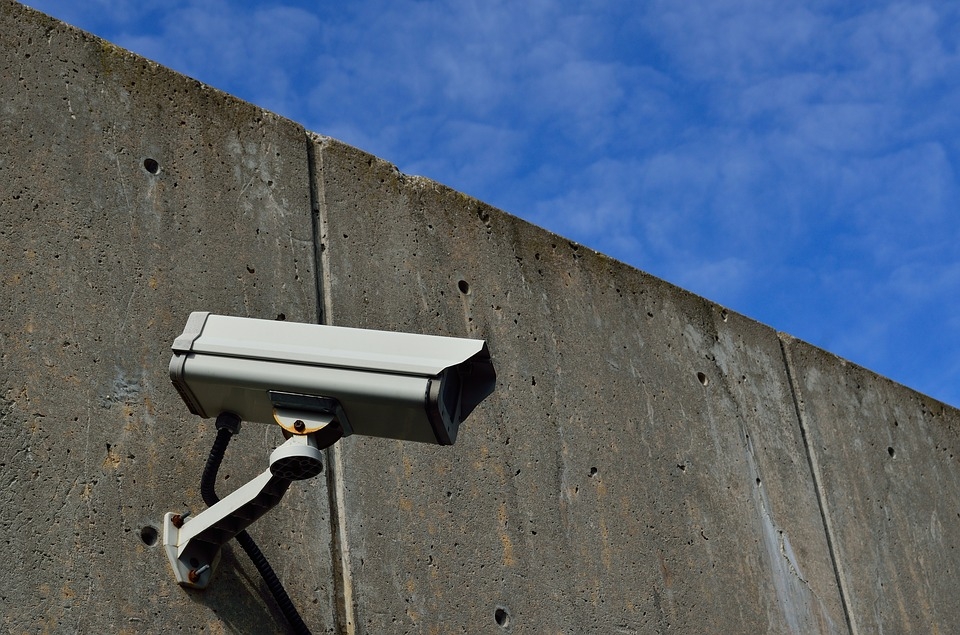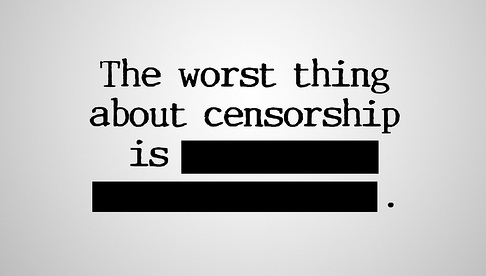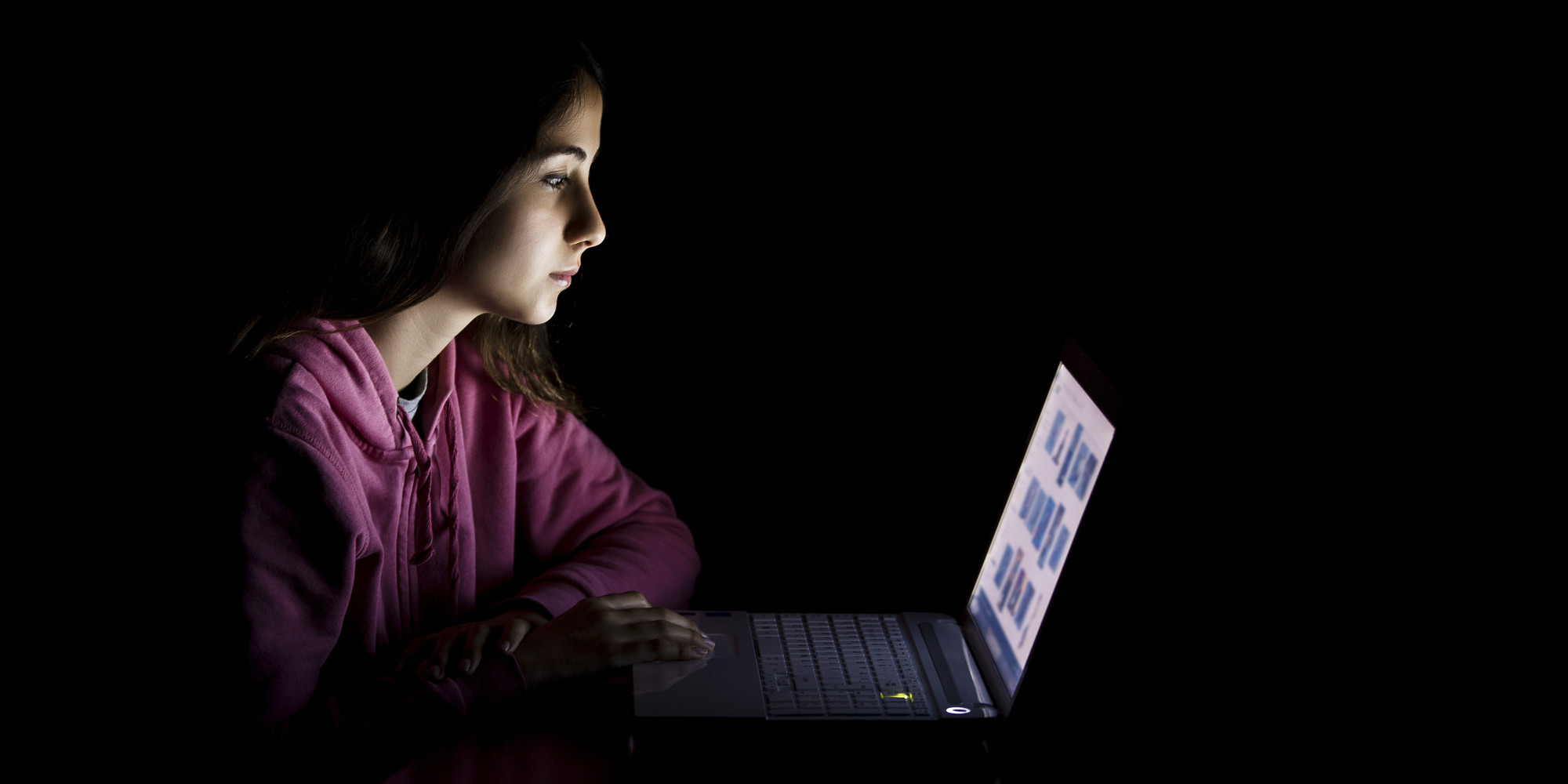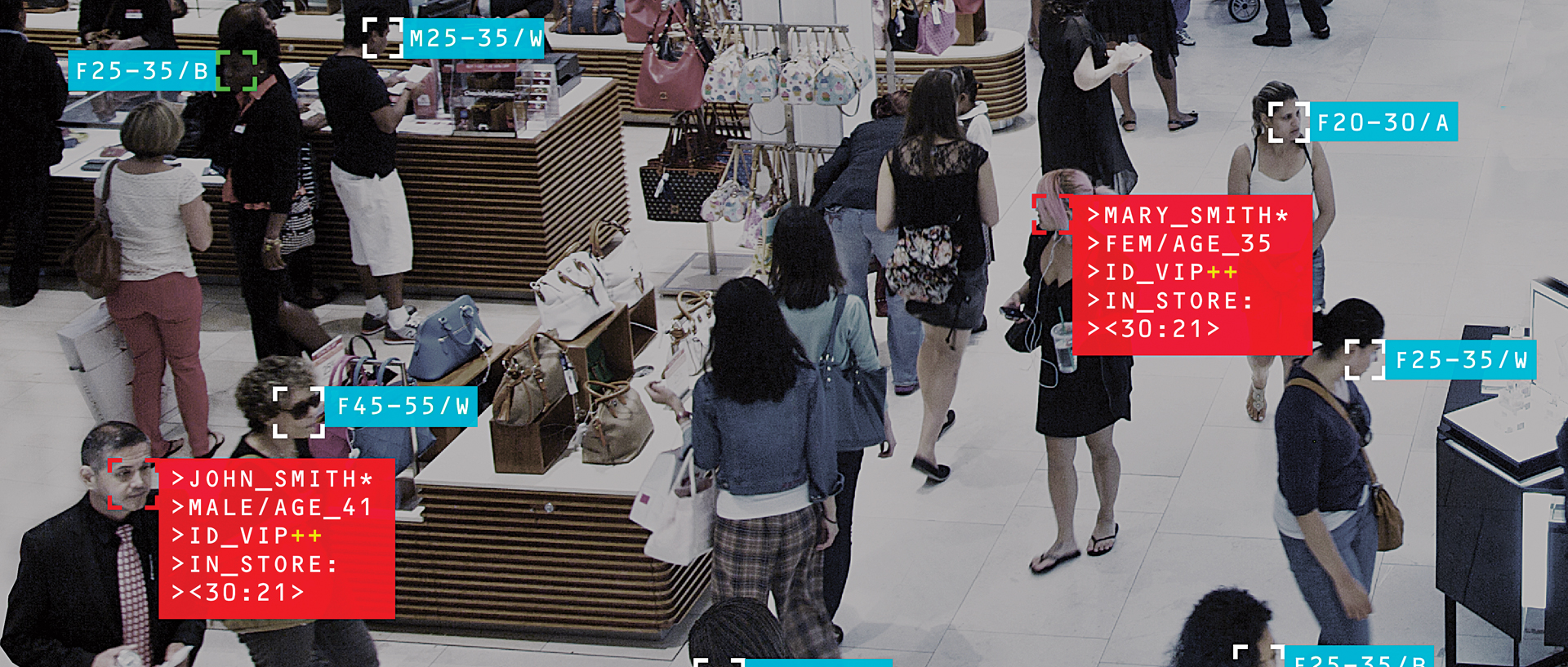
 5 Things We've Lost In The Age of Mass Surveillance
5 Things We've Lost In The Age of Mass Surveillance
There is a theory that says you will behave better if you think you are being watched, even if you're not. This is what happens when social control, developed for prisons, is input into our everyday lives.
An English philosopher and social theorist called Jeremy Bentham had an idea that he could use a prison to illustrate his ideas and calls it ‘the panopticon.’
The theory looks like this; a circular prison with cells lining the walls. All the prisoners can see is a central watch tower. Bentham's watch tower has blacked out windows. This basically means that the prisoners have no idea when they are being watched or by whom, and so will behave themselves at all times at risk of being seen and punished.
Fast forward to 2017, mass surveillance is everywhere. London is the second most surveyed city in the world, second only to Beijing and this network of cameras only continues to expand. There is blanket surveillance on all of our online activity, facial recognition, fingerprint analysis, CCTV everywhere and now we are telling Alexa all of our other secrets. Often though, we can't directly see this surveillance going on - we assume - which means that we behave differently to the way we usually would because we are just not sure if that little thing we said, could get us into trouble later on down the line.
Take the example of the ‘security cameras in operation’ sign. In order to put one of these signs up, you don't have to prove to anyone you have a security camera. You don't even have to have a camera. You just have to have a sign. But, seeing this sign in a store or lobby or park WILL discourage stealing, making out by the letterboxes or dancing naked in the rain. This is because we watch what we do when we feel we are watched. This self censorship has led to losses of human freedoms - in the way we talk, learn or protest.

1. We’ve Lost The Right To Think And Speak Freely
You might be about to write a post on your political views in an upcoming election. But you think twice because you may want to get a job in government later. You might post a photo online, only for it to be used by a total stranger to catfish someone vulnerable. You might need to be vocal about an issue that affects you, maybe share a petition or a donation link for a good cause. But what if that means you are lumped into a group by governments?
This constant surveillance and the sheer scale of it means that we are now hyper aware of what we say, where we post and how we come across to others. Not just the content of what we post matters, but also the words we use, the ideas we communicate and how our friends and followers react.
This self censorship, out of worry that something we say might some day come back to bite us, means we will begin to become less extreme in our views, less outwardly passionate, less involved in subversion of power and more likely to sit back and allow negative change wash over us.
This is the result of self censorship and fear of consequences when we know we are being watched.

2. We’ve Lost The Ability To Make And Learn From Mistakes
In times when we were not recording our actions, through video, posting and other forms of documentation, it was more simple to make mistakes and take risks that we could learn from and there was no record of that mistake so we had another chance.
When we make mistakes, we hope that those around us will forget and in turn, we are able to take the positive lessons we learn and leave behind the negative impacts, forget embarrassments and make amends. In 2018, there is less room to forget so young people, who often navigate their world through social media, find that opinion, content and action might be more risky, allowing less room for growth and less room for lessons to be learned.

3. We Have Lost Our Ability To Protest And Organise
Imagine if civil rights movements of days gone by had been fully surveyed by the powers that be with the technology of today. Many of them would not have stood a chance. Imagine if the gay rights movement was able to be monitored and controlled by the government whose agenda was to squash it. Imagine the black civil rights movement was able to infultrated using todays technology. If the suffragette movement was monitored and brought to a halt before women were granted the right to vote. These movements may never have been successful if they were in the surveillance state of today.
The changes we’ve seen would have remained a dream. In a generation where most communication takes place online, be it in chats, emails and Facebook groups, all conversations can be intercepted, monitored and tampered with.
This means that any group who seeks to protest, occupy or ask for change can be stopped in its tracks during the organisational stage - meaning their vision may never take shape and change never be achieved.
4. We’ve Lost Our Ability To Remain Anonymous
Facial recognition, fingerprint access, GPS tracking and DNA profiling has its uses in the solving of crimes and in profiling and bringing to justice repeat offenders, but this all takes place your everyday use of tech. Your iPhone knows your fingerprint and location, Facebook knows your face and your personal information. It's so easy for an interested party to track movements through your GPS and public cameras and we all gave these right up freely ages ago.
The use of some of these techniques by police are justified, but easy access to personal data along with the pervasive use of CCTV and security cameras could mean that innocent civilians are vulnerable to tracking and identification. This could potentially be dangerous for those who are involved in communities where certain lifestyles are discriminated against. Exploration of new ideas, sexulaities and the freedom to experiment with one's identity is often not safe to be shared with some families, communities or religious groups and certain information about individuals may lead to abuse, alienation and violence.
The ability for us to remain anonymous in our ventures is one which allows us to express ourselves without marginalisation, explore our identity without judgement and straddle more than one lifestyle without it affecting the next.

5. We’ve Lost Our Privacy
This one seems obvious but it is often overlooked and is of vital importance to the maintaince of a healthy society. In many cases, safety is often sold to us as a trade off for our privacy. Since the eyes that are looking at our private content and messages are far away and, in most ways, invisible, it is easy to ignore but Ignoring prying eyes has led us to this place with cameras everywhere.
Privacy is an issue which resonates with most people when we take time to think about it. Has your home ever been broken into? Or have you ever had a bag stolen only to be found elsewhere with some of your things missing? The feeling that someone has been through your belongings is like a violation.
So why is it any different when it is your photographs, messages to loved ones, personal videos or arguments? The reality is that it isn't. There is a gut reaction experienced by many when we think of this intrusion. There is something inherently uncomfortable about knowing someone has their eyes on our most personal communications and images or videos. This gut feeling, our intuitive reactions, should be an indication of the suitability for mass surveillance for human beings.

